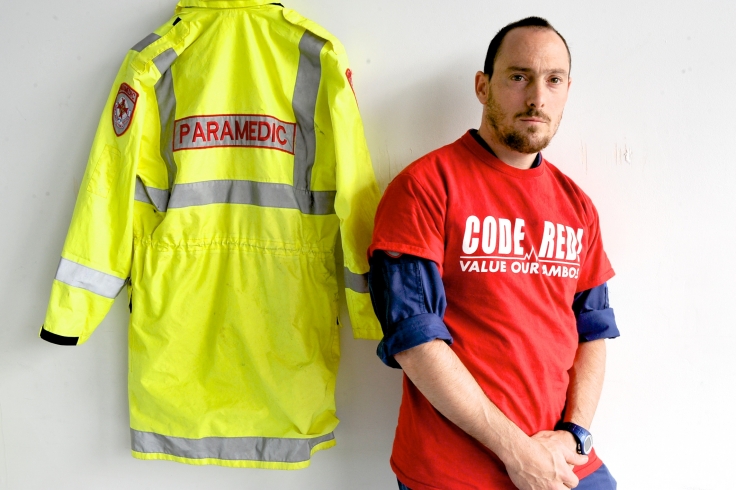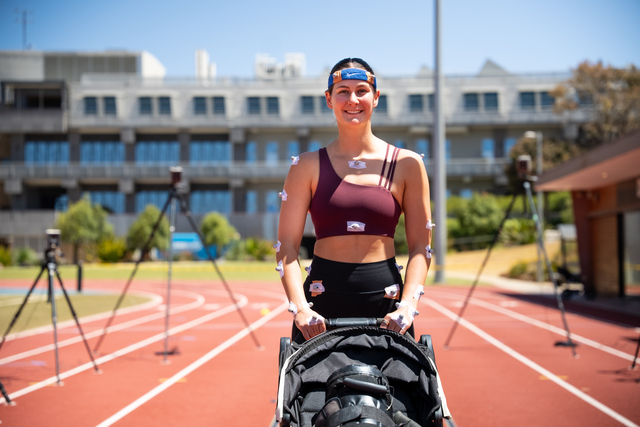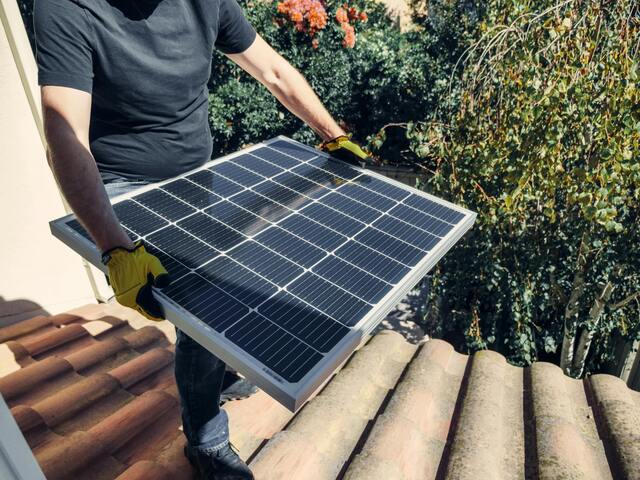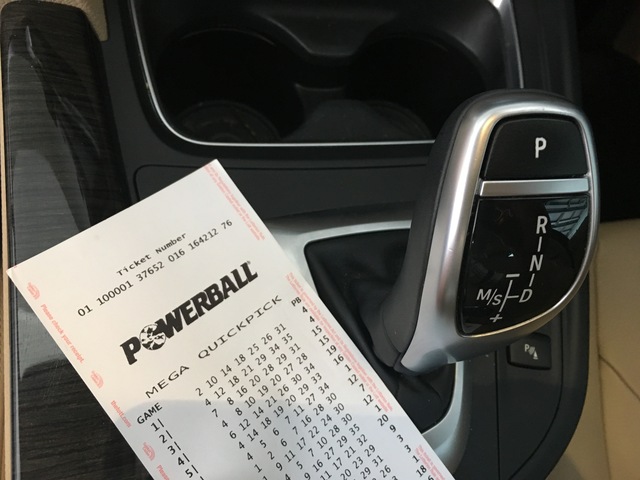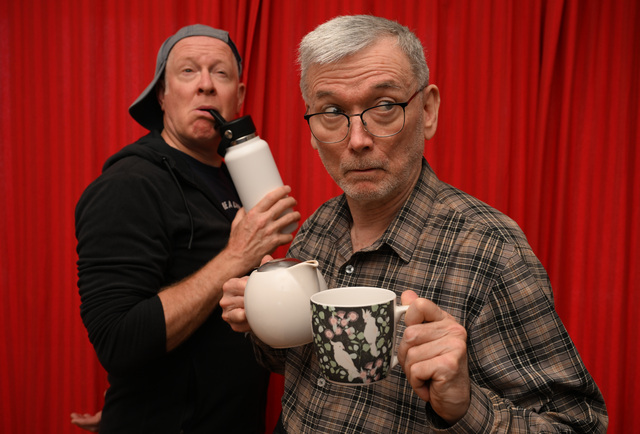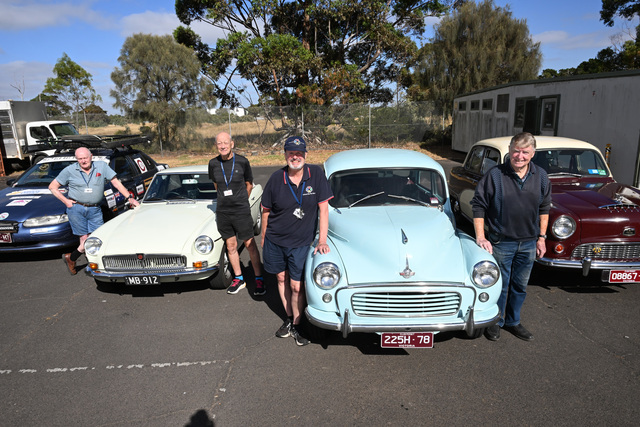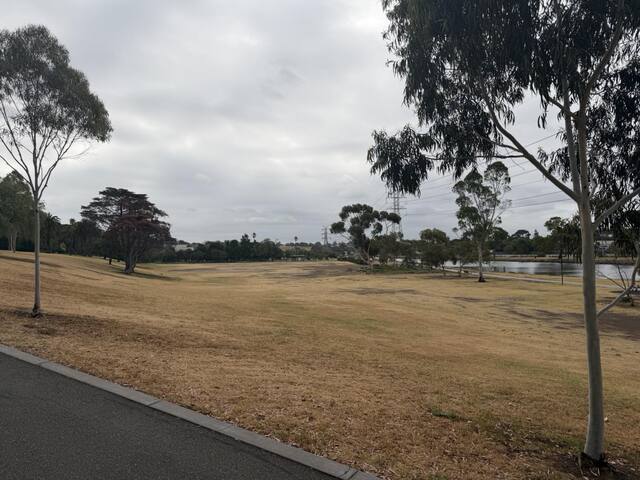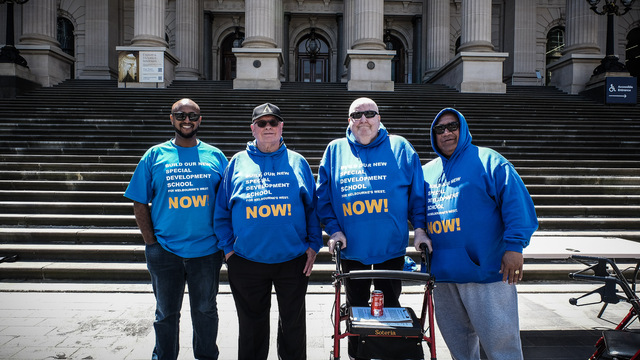ALTONA-based paramedic Ross Porter recalls one night when he raced from Port Melbourne to Caroline Springs because Melbourne’s west had no ambulance resources.
The advanced life support paramedic said Altona crews, who were meant to be attending jobs in Hobsons Bay and sometimes Maribyrnong, were often called to Werribee or even Melton.
Asked if there were situations when a patient had been lost because an ambulance couldn’t make it on time, Mr Porter said there were many times when a quicker ambulance response could have led to a different outcome.
“It happens all the time,” he said. “It’s hard to think of any specifics because it’s fairly common; it’s almost just a part of the job.
“You’ll get code-1 lights and sirens jobs and they could be 20 minutes before you get there due to a lack of resources or resources taken up on other jobs. In a cardiac arrest, every minute counts and you really want to get there in under 10 minutes and there are times when you just can’t because the resources mightn’t be there.
“One particular night I can recall was we were in Port Melbourne doing a car change and we were called on a ‘priority zero’, which is the highest-priority job. There were no resources. Now, this job was out in Caroline Springs.
“We were the closest car on a priority zero to Caroline Springs for a motorcyclist who had put his bike through a pole.
“We got there within 20-25 minutes. It would have been about midnight so fortunately there wasn’t much traffic around.
“That’s one of the highest-priority sort of jobs you’re gonna get and there were no resources in the entire west of Melbourne to respond to it: we were the closest from Port Melbourne.
“On a busy night, I’ll go to patients who have been waiting two, three hours, sometimes more.”
Mr Porter said paramedics were being worked to the point of exhaustion, with the 14-hour night shift usually the busiest period.
“There have been times when I’ve had to refuse to do certain jobs after 10 hours of a night shift, saying that I just simply cannot get behind the wheel and drive that sort of distance safely. There are resources coming in, but it’s like trying to plug a dam with your little pinky finger.”
Paramedics are engaged in enterprise bargaining, demanding better wages and pay parity with ambulance officers in other states whose base annual salary is up to $20,000 more. “The people who serve us petrol when we go and fill up make more dollars an hour than I do, which is depressing,” Mr Porter said. “If enterprise bargaining goes south, I know plenty of people who are looking for exit strategies as we speak.”
RELATED COVERAGE: Ambulances being used as pop-up emergency departments

